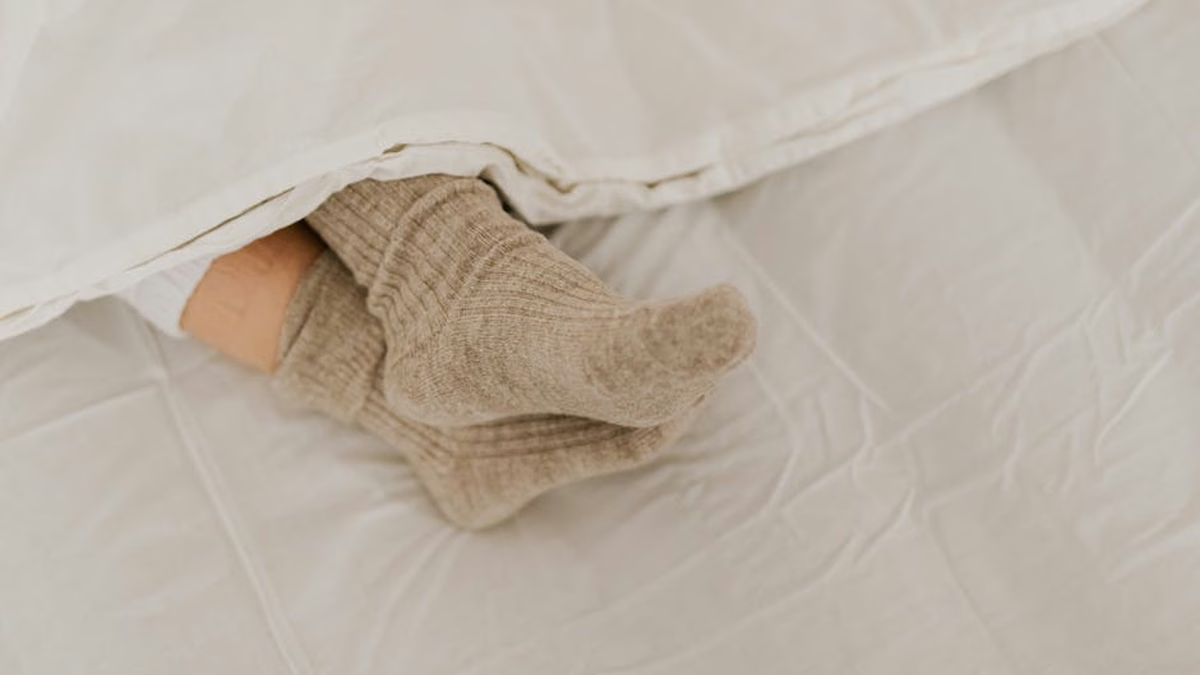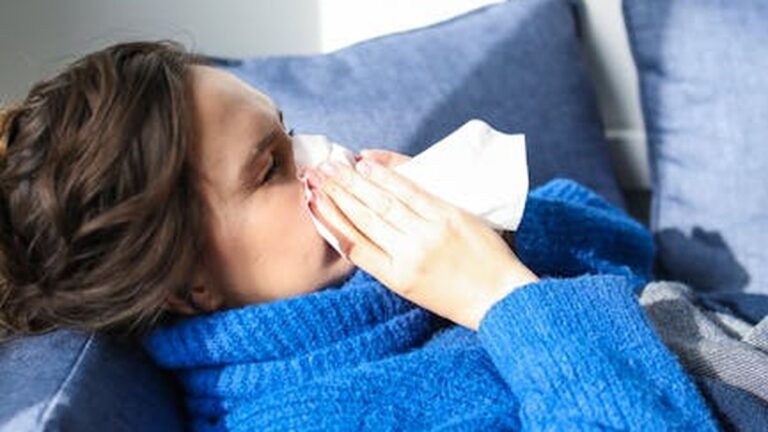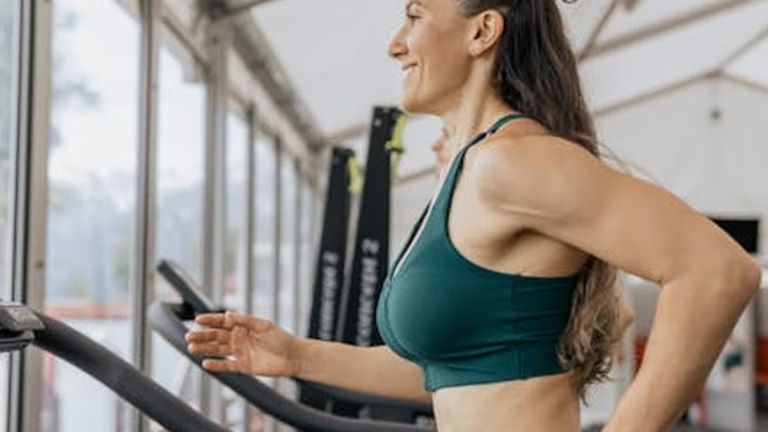Sleep Tech: Track & Improve Your Sleep
In today’s fast-paced world, a good night’s sleep can feel like a luxury. Stress, screen time, and inconsistent routines can all wreak havoc on our sleep patterns. But what if technology could help us understand and improve our sleep? Enter Sleep Tech, a rapidly growing field that leverages innovative tools, particularly wearable sleep trackers, to provide sleep quality analysis and guide us towards better rest. Let’s delve into the world of sleep monitoring devices and explore how they can help you improve sleep quality.
Understanding the Rise of Sleep Tech
The increasing awareness of the importance of sleep for overall health and well-being is a major driver of the Sleep Tech boom. Studies have consistently shown that inadequate sleep is linked to a range of health problems, including:
- Increased risk of cardiovascular disease
- Weakened immune system
- Cognitive impairment
- Mood disorders like anxiety and depression
- Weight gain
According to the CDC, approximately 35% of adults in the United States report regularly getting less than the recommended 7 hours of sleep per night. This significant sleep deficit has fueled the demand for solutions that can help individuals identify sleep issues and take proactive steps to address them. Sleep Tech, especially wearable sleep trackers, offers a convenient and accessible way to do just that.
How Wearable Sleep Trackers Work
Wearable sleep trackers typically use a combination of sensors to gather data about your sleep patterns. These sensors include:
- Actigraphy: Measures movement to estimate sleep duration and sleep stages.
- Heart Rate Monitoring: Tracks heart rate variability (HRV), which can provide insights into sleep quality and stress levels.
- Respiration Rate Monitoring: Measures breathing patterns to detect potential sleep disorders like sleep apnea (though they aren’t diagnostic).
- Skin Temperature Sensors: Monitors changes in body temperature, which can indicate sleep stages.
The data collected by these sensors is then processed by sophisticated algorithms to generate reports on various sleep metrics, such as:
- Sleep Duration: Total time spent asleep.
- Sleep Stages: Time spent in light sleep, deep sleep, REM sleep, and wakefulness.
- Sleep Latency: The time it takes to fall asleep.
- Sleep Efficiency: The percentage of time spent asleep while in bed.
- Sleep Fragmentation: The number of times you wake up during the night.
Benefits of Using Sleep Tech for Sleep Quality Analysis
The sleep tech benefits extend beyond simply tracking sleep. By providing detailed sleep quality analysis, these devices empower users to:
- Identify Sleep Problems: Recognize patterns of poor sleep, such as frequent awakenings or insufficient deep sleep.
- Track Progress: Monitor the effectiveness of sleep improvement strategies over time.
- Personalize Sleep Habits: Tailor bedtime routines and environmental factors to optimize sleep quality.
- Share Data with Healthcare Professionals: Provide doctors with valuable information for diagnosis and treatment of sleep disorders (it is always best to consult a doctor for any health concerns).
Examples of Wearable Sleep Trackers
The market is flooded with wearable sleep trackers, each with its own set of features and price points. Some popular options include:
- Fitbit: Offers a range of fitness trackers with sleep tracking capabilities.
- Apple Watch: Provides sleep tracking data and integrates seamlessly with the Apple ecosystem.
- Oura Ring: A discreet ring that tracks sleep, activity, and recovery metrics.
- Garmin: Known for its GPS-enabled watches, many of which also offer advanced sleep tracking features.
Choosing the Right Sleep Tech Device
Selecting the right sleep tech device depends on your individual needs and preferences. Consider the following factors:
- Accuracy: Look for devices that have been validated against polysomnography (PSG), the gold standard for sleep monitoring.
- Features: Determine which sleep metrics are most important to you.
- Comfort: Choose a device that is comfortable to wear throughout the night.
- Battery Life: Ensure the device has sufficient battery life to track your sleep for several nights.
- Price: Set a budget and compare prices across different brands and models.
Practical Tips for Improving Sleep Quality Using Sleep Tech
Once you’ve chosen a wearable sleep tracker, here are some practical tips for using it to improve sleep quality:
- Establish a Consistent Sleep Schedule: Go to bed and wake up at the same time each day, even on weekends.
- Create a Relaxing Bedtime Routine: Wind down with activities such as reading, taking a warm bath, or listening to calming music.
- Optimize Your Sleep Environment: Make sure your bedroom is dark, quiet, and cool.
- Limit Screen Time Before Bed: The blue light emitted from electronic devices can interfere with sleep.
- Avoid Caffeine and Alcohol Before Bed: These substances can disrupt sleep patterns.
- Use Your Sleep Data to Identify Patterns: Look for correlations between your sleep habits and your sleep quality.
- Adjust Your Lifestyle Based on Insights: If you notice that caffeine consumption affects your sleep, cut back on caffeine.
- Consult a Healthcare Professional: If you have persistent sleep problems, seek professional help.
The Future of Sleep Tech
The field of Sleep Tech is constantly evolving. Future innovations may include:
- More advanced sensors that can detect a wider range of sleep disorders.
- Personalized sleep recommendations based on individual data.
- Integration with smart home devices to create a more conducive sleep environment.
- AI-powered sleep coaching programs.
References
-
Sleep Foundation
– Comprehensive sleep health information and research. -
National Institutes of Health Sleep Health
– National Institutes of Health sleep science and guidelines. -
Mayo Clinic Sleep Guide
– Medical sleep advice from Mayo Clinic experts.
Conclusion
Sleep Tech, particularly wearable sleep trackers, offers a powerful tool for understanding and improve sleep quality. By providing detailed sleep quality analysis, these devices empower individuals to identify sleep problems, track progress, and personalize their sleep habits. While sleep monitoring devices are not a substitute for professional medical advice, they can be a valuable asset in the quest for better sleep and improved overall health. Embrace the sleep tech benefits and unlock the potential for a more restful and rejuvenating night’s sleep. Remember to consult with a healthcare professional for any underlying sleep disorders or concerns about your health. Sweet dreams await!






